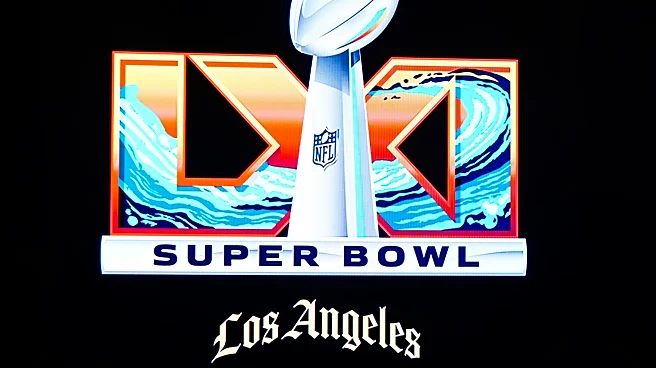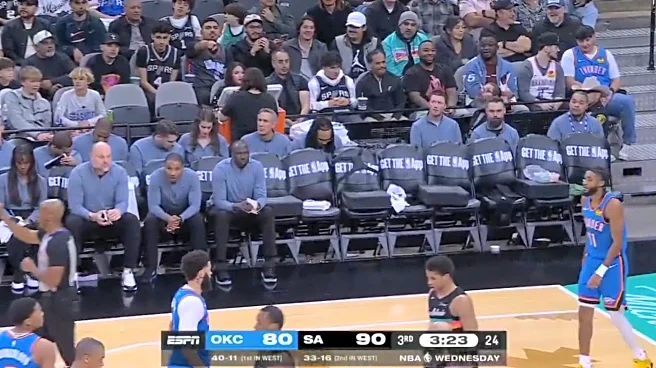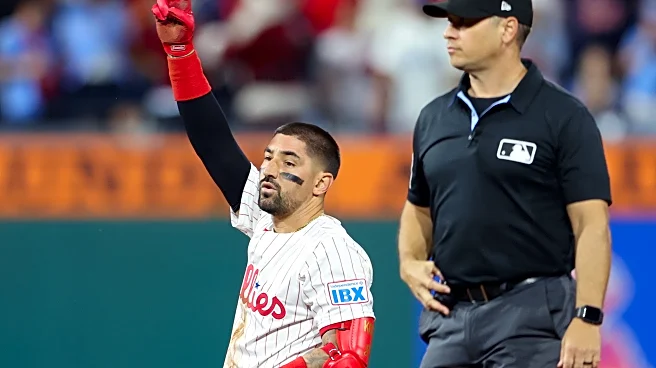What's Happening?
The Pentagon has introduced a new policy requiring journalists with press credentials to sign a pledge restricting their reporting activities. This policy, announced by Defense Secretary Pete Hegseth, limits access to certain areas of the Pentagon and mandates that reporters refrain from obtaining or using unauthorized material. The policy has been met with significant opposition from major news outlets, including CNN, The New York Times, The Washington Post, and The Wall Street Journal. These organizations argue that the policy violates First Amendment rights and restricts the free press. The policy has already resulted in some news outlets being removed from media workspaces within the Pentagon. The move has prompted criticism from both Democratic and Republican lawmakers, with concerns about the implications for press freedom and transparency in government operations.
Why It's Important?
The Pentagon's new policy has significant implications for press freedom in the United States. By restricting journalists' ability to report on government activities, the policy challenges the constitutional protections afforded to the press under the First Amendment. This development could set a precedent for other government agencies to impose similar restrictions, potentially leading to reduced transparency and accountability in public institutions. The backlash from major news organizations highlights the importance of maintaining a free and independent press as a cornerstone of democracy. The policy's impact on public access to information about military operations and government spending is a critical concern, as it may limit the public's ability to scrutinize and hold the government accountable.
What's Next?
In response to the Pentagon's policy, media organizations are considering legal action to challenge the restrictions. Newsroom leaders and media lawyers are evaluating the potential for a legal battle to defend press freedoms. The policy has also sparked discussions among lawmakers, with some expressing their intent to address the issue through legislative means. The ongoing debate may lead to increased scrutiny of the Pentagon's actions and further public discourse on the balance between national security and press freedom. As the situation develops, stakeholders in the media and government will likely continue to engage in dialogue to find a resolution that upholds democratic principles.
Beyond the Headlines
The Pentagon's restrictive press policy raises broader ethical and legal questions about government control over information dissemination. The policy's implications extend beyond immediate press access, potentially affecting the long-term relationship between the government and the media. It highlights the tension between national security concerns and the public's right to know, prompting discussions about the ethical responsibilities of both journalists and government officials. The policy may also influence cultural perceptions of press freedom and government transparency, shaping public trust in media and government institutions.









